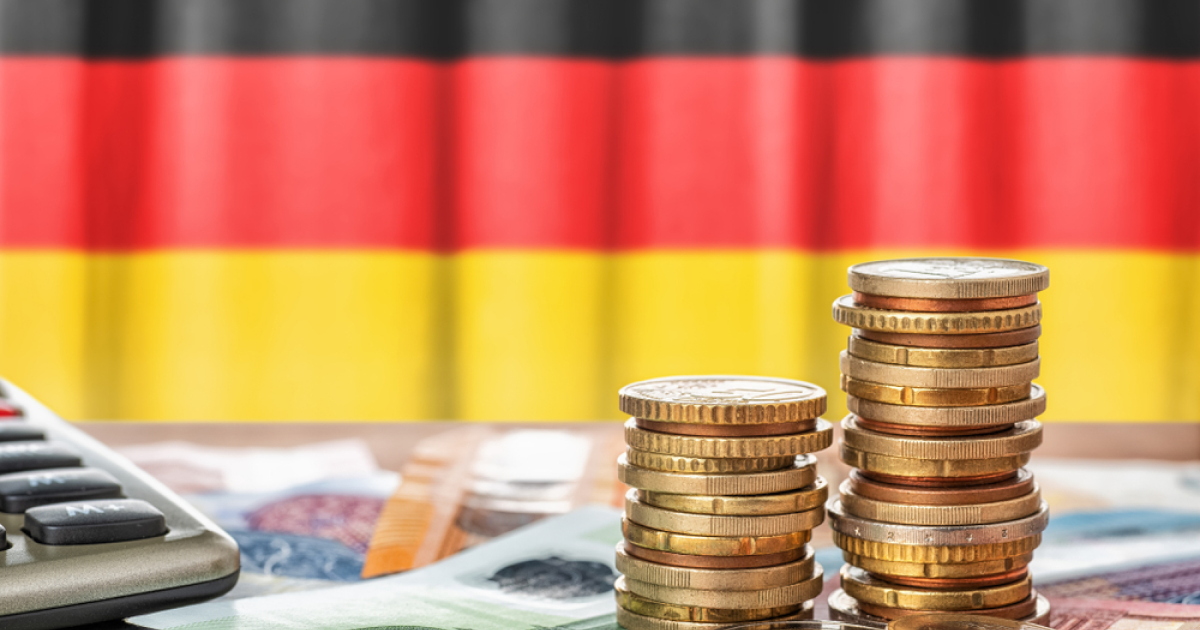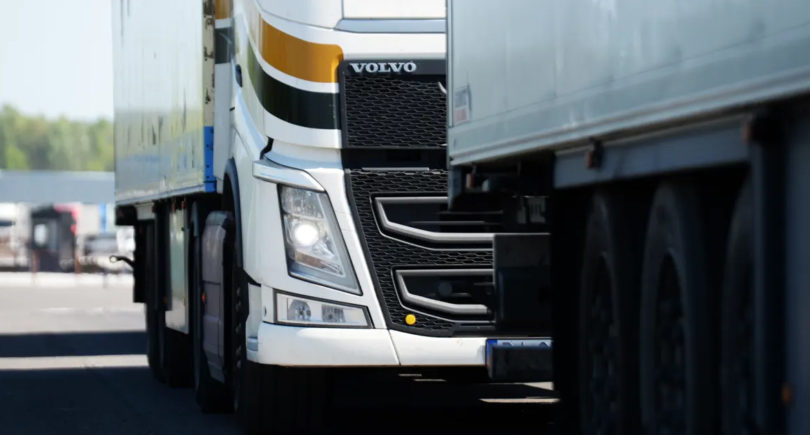
News State decarbonization 603 19 March 2025
German steelmakers see this as an opportunity to stimulate the economy
On March 18, the German Bundestag approved a constitutional amendment that, in addition to the exception to the debt brake for defense and security spending, will create a €500 billion special fund for additional investment in infrastructure and climate neutrality. The country’s steelmakers welcomed the move, according to the German Steel Industry Association (WVStahl).
The money from the special fund will be used for twelve years for additional investments for the stated purposes. For example, €100 billion will be allocated to the Climate and Transformation Fund, and a similar amount is earmarked for the federal states to invest in their infrastructure.
The document still needs to be approved by the Bundesrat (the upper house of the German parliament), which will vote on March 21.
According to Kerstin Maria Rippel, CEO of WVStahl, the Bundestag’s approval of the special fund is an important decision for the country as a place to do business, and for the steel industry in particular. Supporting investments in infrastructure modernization and expansion can provide a real economic stimulus that is badly needed.
According to her, financial resources should be linked to two other goals: strengthening the German economy and achieving climate goals. In other words, a sustainable infrastructure program is needed that targets basic materials with low emissions and thus strengthens local producers of these materials and medium-sized suppliers.
Kerstin Maria Rippel explained that basic industries such as the steel industry, and with it the entire value chain, are essential for the construction of infrastructure such as railways, bridges, electricity, gas and hydrogen networks, buildings and civil structures.
WVStahl called on the federal states to give the fund approval in the Bundesrat and on future coalition partners to bring the negotiations to the finish line as soon as possible so that Germany can finally reach a new level. The steel industry is ready to play its part in this.
In January 2025, German steelmakers reduced steel production by 12.7% year-on-year – to 2.68 million tons. The figure decreased by 2.3% compared to the previous month. In 2024, the country increased steel production by 5.2% y/y – to 37.23 million tons.




